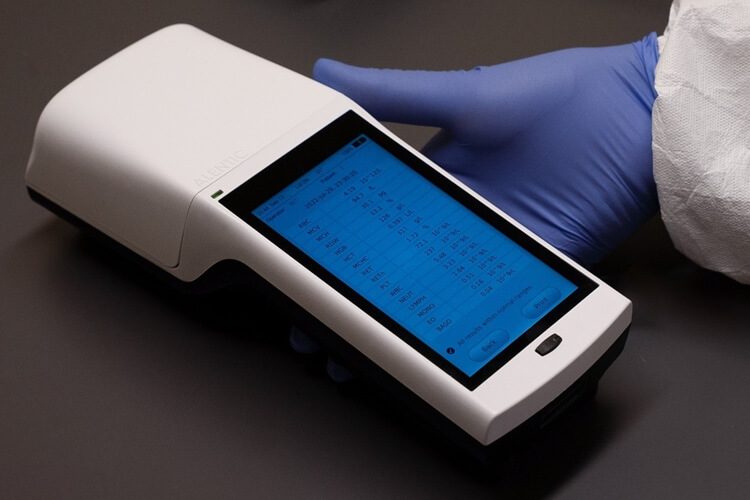
Radiation is a deadly force for mankind, and quick treatment can make all the difference – something the Biomedical Advanced Research and Development Authority (BARDA) has firmly in mind in its latest funding partnership with ASELL.
Together, the pair seek to create three tools for initial evaluation of radiation exposure: the Prospector Point-of-Care complete blood cell counts (CBC) analyzer, the CellRADx biodosimetry software and the CellRADx Instrument which combines the first two into an integrated biodosimetry device. Together, the triad could expand first responders’ abilities to identify complete blood cell counts in triage settings, allowing them to quickly and accurately determine what victims have absorbed levels of radiation in need of emergency clinical management.
Prospector was actually created by ASELL’s partner, Alentic Microscience. Portable, fast, durable, and reliable, the hematology analyzer is expected to gain a Clinical Laboratory Improvement Amendments (CLIA) waiver – meaning it will be able to proceed with human samples for diagnostic testing. Its advantage, according to BARDA, is that it requires minimal training from operators to use in the field and at points-of-care.
On the other hand, CellRADx software was envisioned as a standalone medical device diagnostic application built on hematological data and biodosimetry algorithms. Using these, it would provide early diagnostic information for the initial management of radiation casualties. The algorithms involved were originally based on one developed in collaboration with the Armed Forces Radiobiology Research Institute (AFRRI) and licensed through the Henry M. Jackson Foundation for the Advancement of Military Medicine.
Both will run on the CellRADx instrument as a self-contained, rapid biodosimetry diagnostic device that requires a single drop of blood for processing. With that, it can identify individuals in need of immediate care in less than 10 minutes.
All could bolster the nation’s emergency preparedness and crisis management, providing a path to mass screening and swift triage. Currently, there exists no diagnostic tool capable of quickly identifying those in need of acute medical care in the wake of ionizing radiation incidents.




